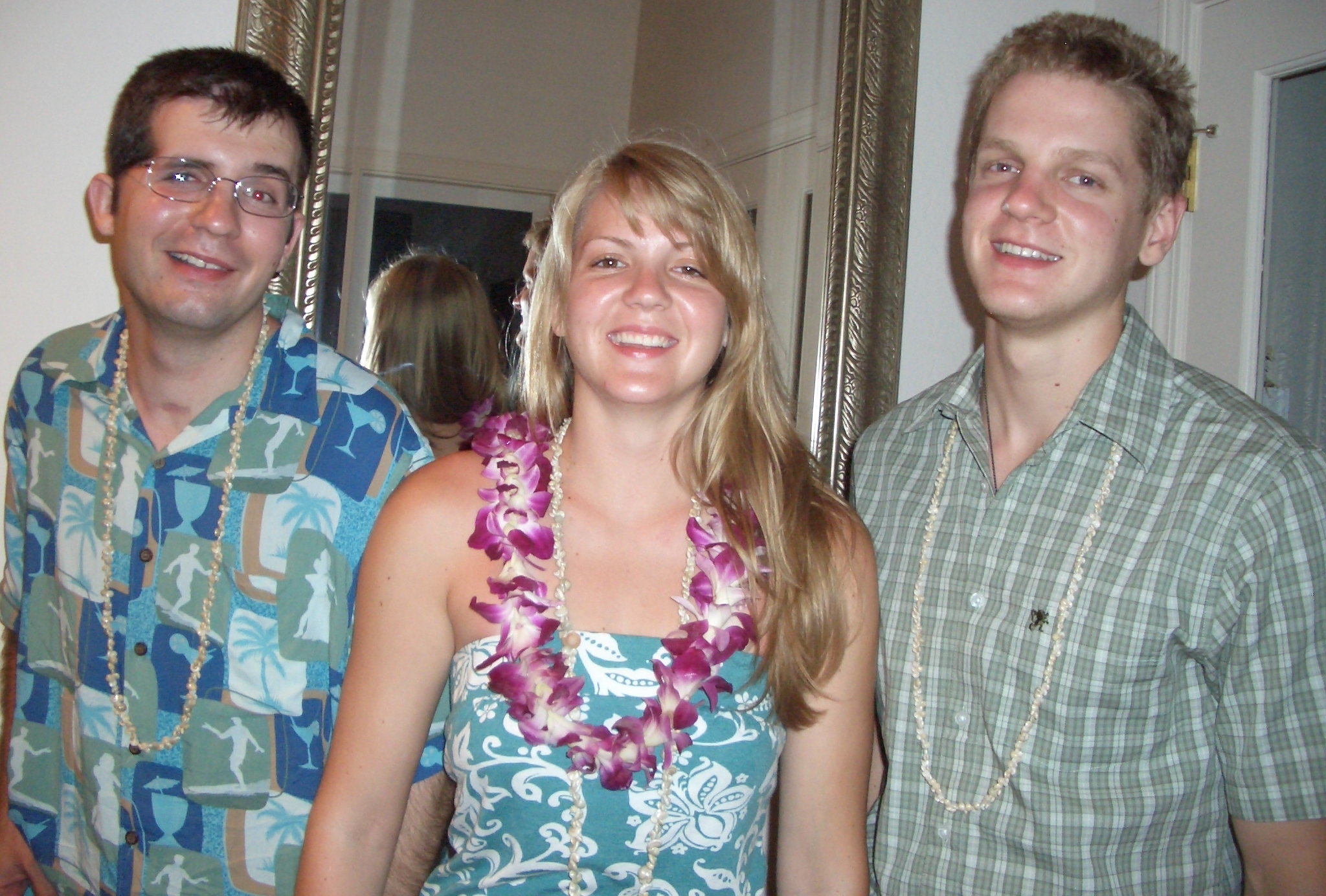WHEN REHAB MEDICINE IS CUT – YOU HURT TOO
 December 4, 2011
December 4, 2011  Post a Comment
Post a Comment Gabby Gifford’s amazing story and the release of her book and home video have put rehabilitation medicine and its heroic professionals—the doctors, nurses and therapists—temporarily in the public eye. But I have no doubt it will soon fall back in the shadows of public consciousness.
Medical rehabilitation isn’t sexy. There’s no rush of the emergency room—no gurneys or defibrillators or physicians yelling orders in an environment of barely-controlled chaos. There’s no discovering cures or fashioning a human heart out of stem cells. And, while George Clooney would make a handsome rehabilitation physician on TV, the networks aren’t lining up to film a pilot involving a rehab hospital.
Rehabilitation does not provide instant results; rather, it is a long, hard road. It is a near-relentless struggle over the course of weeks, months, and even years to help an individual who has been severely injured get back as close as possible to where they were before their injury. It can involve countless hours of hard work and determination just to remember the word for an apple, to gain the motor skills to hold a fork, and the ability to dress oneself again.
It’s a journey that most often involves families and friends. It is a road that my children and I walked with my husband Bob when he was severely injured by a roadside bomb in Iraq. But consider this: at some point every one of us will need expert rehabilitation care for a loved one or ourselves. How many of us know someone who has been in a car accident, or had a stroke, or broken a hip? As I move through my 50s, I’m more keenly aware of my own pressing mortality, the fact that anything can happen to myself, my loved ones and my family members. It’s simply a fact of life.
It was impossible not to think of our own journey when I watched the home video of Rep. Gabby Giffords working hard and making such great strides. Many things are possible on the journey of recovery. I see them at work every day with Bob. But none of my husband’s achievements and his “getting back to himself” would have been possible without rehab.
Sadly, the type of quality medical rehabilitation care that Bob and Rep. Gabby Giffords needed—and the type of care that you or your loved ones may need in the future—is at significant risk due to current proposals in Washington proposed as part of deficit reduction. These cuts will reduce patient access to care and threaten the viability of rehabilitation providers. Thousands of people in need of medical rehabilitation will no longer receive these services. Training as well as therapists and medical jobs will be cut – hospitals will have no choice.
Patients in rehabilitation hospitals are often at their most vulnerable. It’s an emotional and scary time, usually following an injury, sudden event or illness. Most Americans already face very real limitations on their access to inpatient and outpatient rehabilitation care – their insurance runs out or benefits stop before their treatment needs end. The average insurance plan for traumatic brain injury covers six weeks of rehab. That barely begins to scratch the surface of an injury that can take years to heal.
Patients and their families should not unfairly bear the burden of balancing the federal budget. Cheaper is not better. Who would ever choose to see their catastrophically hurt loved one in a nursing home instead of a rehab hospital? But that will be the result if these cuts are approved.
Talk with these people, as well as our returning wounded veterans, about how overwhelming the access and financial challenges can be. At a time when our population is aging and returning veterans are in need of services in their local communities, services will be slashed or eliminated. Rehab is darn hard work—placing challenging policy and additional access obstacles in front of these patients are not in anyone’s interest.
It’s easy to put medical rehabilitation at the back-of-the-bus in medicine. But we need to fight cuts that will eliminate access to high quality care for your spouse, your grandmother, and your child. Otherwise, society and each of us will pay in many unanticipated ways, including higher costs, reduced quality of life for the disabled, and higher levels of intense stress for families and caregivers.
Rehab saves lives and families. It saved mine. In my lowest moments, it was the energy, motivation, expertise, and commitment of the professionals and caregivers in rehab hospitals that got me through. I have a very clear memory of walking onto the floor of Bob’s inpatient rehab hospital, my spirits at their lowest ebb. I had run out of gas, and my shoulders were hunched in a C-curve. A voice piped up from behind the desk. “Come with me Mrs. Woodruff,” the young physical therapist commanded. She shut the door behind her tiny office, “ has anyone asked you how you are today?” she inquired, as I burst into tears of gratitude and release. She then proceeded to give me a ten-minute shoulder massage that I will never forget. Her kindness and compassion humbled me that day. And it lifted me up. She had extended her care beyond simply focusing on the patient and offered it to an exhausted caregiver. That’s just a tiny slice of the magic that takes place in rehab hospitals. We can’t allow these much needed resources to be vastly diminished.
With the skills and support of the therapists, nurses, doctors and caregivers in medical rehabilitation hanging in the balance, I want to lend my voice to wake Washington up. It may not be a sexy, but it’s a critical one.










